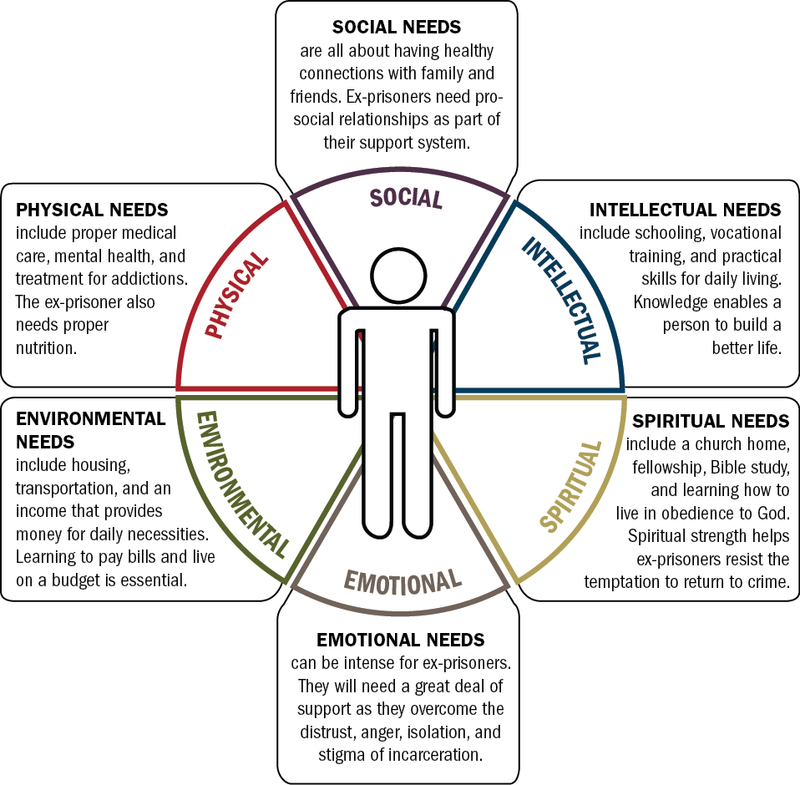Conclusion
Policy and literature highlight the need for strong social and community supports for individuals returning from incarceration, however the reality of these supports are not realized. Stigma, housing restrictions, and employment discrimination lead to marginalization and can cause an individual to feel disconnected from their community.
The traumas experienced by individuals prior to and during incarceration led participants to maintain minimal webs of support that were generally limited to immediate family. While it was reported that large networks existed, participants felt that their networks such as employment were not dependable resources to turn to with personal matters. This distinction seperates webs of support from general networking. The importance of establishing strong support webs for formerly incarcerated individuals is important for the quality of life of the justice impacted and their families. Independent living and inclusion can reduce recidivism rates and promote public safety.
An interesting aspect that was not solicited in the participant interview but was shared by all was their involvement in volunteer organizations. All participants shared their passion for helping others who were formerly incarcerated through mentoring, tutoring, or helping others successfully be accepted into higher education programs or employment. This volunteer service was in addition to advocacy or policy work they participated in with the organizations participants were recruited from.
Limitations:
This research was conducted as an undergraduate independent study. Due to time constraints, a small sample size was utilized. The sample were atypical of the justice impacted population, with all four holding prestigous positions within academia or medicine. They represent a peer group with similar career aspirations and successes post incarceration.

